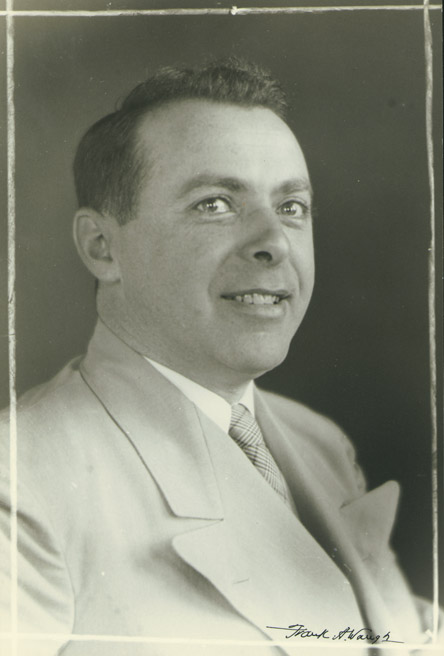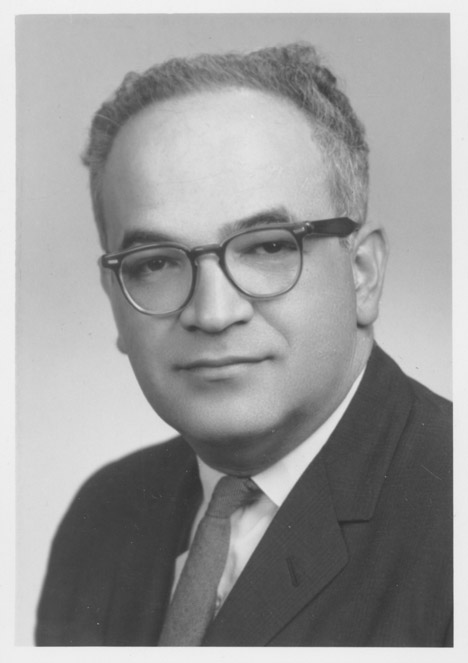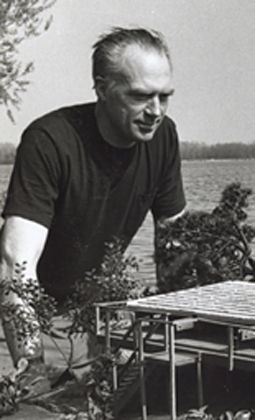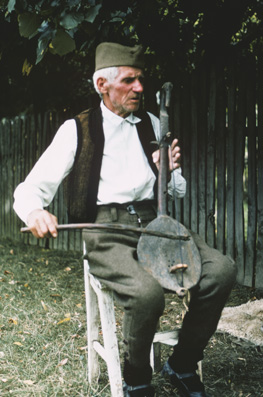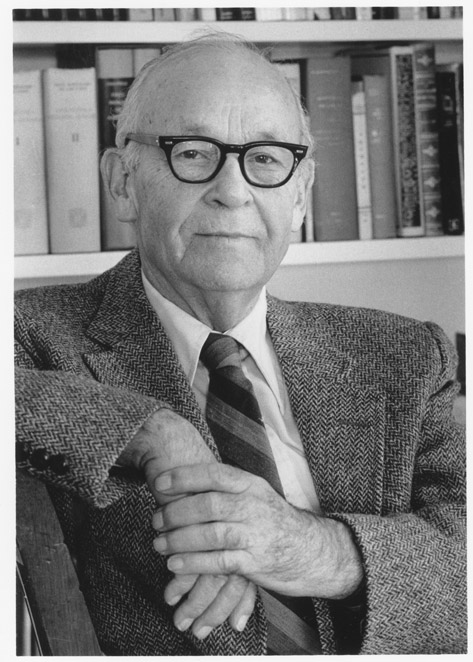W. Walker Gibson Papers
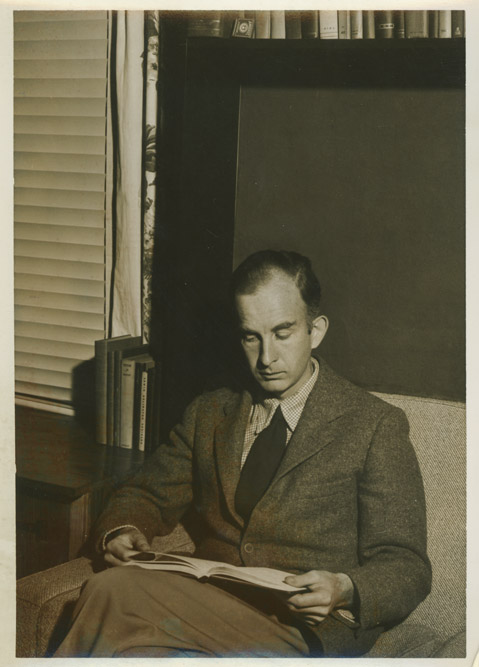
Walker Gibson, a professor of English at the University from 1967 to 1987, was a passionate teacher of writing and rhetoric and author of humorous verse. Gibson was born in Jacksonville, Florida in 1919 but was raised in Albany, New York. He earned his B.A. from Yale in 1940 and began graduate work at Harvard, however, his studies were interrupted by World War II, where he served in the U.S. Army Air Corps. After the War, Gibson earned his M.A. from the University of Iowa, where he was a research assistant for the Iowa Writers Workshop. For the next twenty years, Gibson taught English and writing at Amherst College and published prose and his signature humorous verse in the New Yorker, Atlantic, Harpers, and the New York Times Magazine among others. Gibson also published several books, including collections of verse, as well as prose works on writing, teaching composition, and literary criticism. Gibson died at the age of 90 in February, 2009.
The Walker Gibson Papers document the writer and teacher’s career through published and unpublished early writings during his years at Yale, binders including his published writings from the 1950s, correspondence with Theodore Baird, his supervisor at Amherst College, and lecture notes from his University writing and English classes. Completing the collection are three folders of miscellaneous correspondence and a folder of Gibson’s unpublished manuscripts from the late seventies and early eighties.


